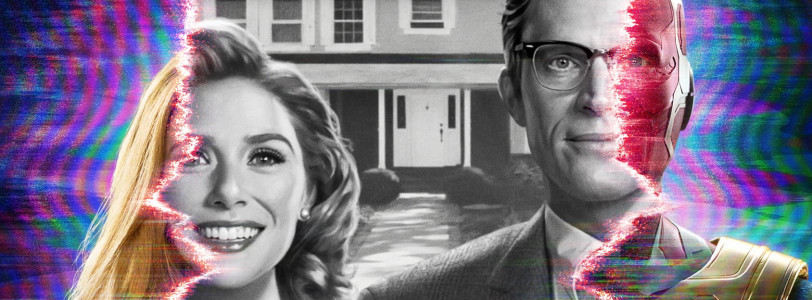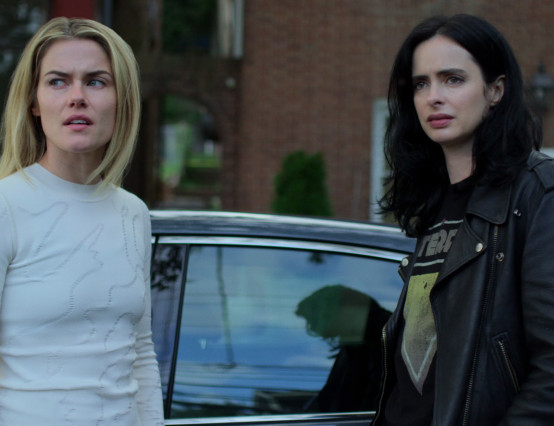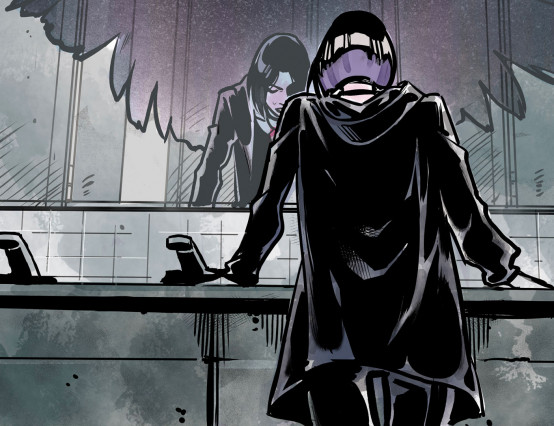Part one of this two-part series was published earlier this month and can be found here.
There is an extremely important idea that is explored throughout TV shows, and that is the notion that invisible experiences of mental health, loss and grief affect us all, including strong and powerful people.
It fights the stigmatism around such themes and highlights that emotional experiences and mental health issues do not equal weakness. Supergirl is constantly fighting supervillains with intense showdowns, but she is also privately attached to never-ending grief and loss.
The Punisher spends two entire seasons exploring the loss of Frank Castle’s family and his inability to process the grief, loss and pain that this causes. Yet he is the most formidable and resilient (not to mention supposedly dangerous) vigilante in the marvel cinematic universe. Jessica Jones is extremely strong (literally!), but we frequently see the character turn to alcohol, depression and experience mental health issues during the show. This highlights that you can be the strongest person imaginable and yet still experience mental health difficulties and emotional breakdowns. We watch Jessica often struggle with her mental health behind closed doors, yet this never compromises her work, and it never affects her jobs as a Private Investigator or as a superhero. The character of Jessica is always helping people and supporting others whilst she is facing her own battles. This is often hidden from view, with her sometimes publicly appearing the opposite or other characters thinking she's self-centred. Still, as viewers, we see what is internally occurring and her true nature and actions.
For WandaVision, Wanda is arguably the most powerful hero in the MCU. Using the character of Wanda, the literal ‘strongest avenger’ to explore themes of mental health, grief and loss sets such an enormous precedent. This shows that experiencing loss, grief, or mental health difficulties is not a weakness or affects an individual's capability - if anything, it can help us emerge stronger and more powerful than ever before. These TV shows can teach us that mental health and loss affect everyone, and difficulties can impact anyone, regardless of how confident they appear, how strong they are or how outgoing they seem.
When Wanda experiences these crises or when Jessica has these mental health battles, it doesn’t lessen their ability or their capability. Wanda fulfils her role as a superhero, to put it mildly, and gains new skills as a mother. These internal experiences help her emerge even more powerful, and more able than ever before and she is certainly not to be underestimated.
Another important aspect of experiencing grief or mental health challenges that are accurately portrayed within these shows is a response to societal stigma and prejudice towards these experiences. By this, I mean specifically, the internal guilt, shame and embarrassment that can be perpetuated by such prejudice and stigmatism and the path to overcoming this. Many on-screen depictions display how we can end up villainising ourselves inwardly accordingly.
In Wandavision, Wanda feels guilt, fear, embarrassment and concern for those around her when she realises what has happened and the impact her experiences have had on those around her. These emotions: guilt, fear, embarrassment and concern for others are commonly felt by those experiencing mental health difficulties, bereavement or trauma sufferers and to see it represented on screen is a breakthrough in realistic representation. Wanda feels shame and apologies for her actions even though it is crystal clear to viewers that she never intended to affect or hurt anyone. This is such a key stigma that those who experience mental health issues, trauma or loss face: the ability to stand up, face the world and interact with those around them following these crises or experiences is as difficult for those experiencing these in real life as it is portrayed for Wanda onscreen. Wanda appears to feel that she has done something wrong or has become a villain, experiencing guilt, remorse and regret over her actions. This is an important experience that is often overlooked in on-screen portrayals of mental health, grief and trauma, but it is one of the most frequently debilitating experiences in real life.
The character of Frank Castle in The Punisher particularly experiences guilt, shame and isolation from his emotions and reactions. He purposefully villainises himself due to his views of these initial actions and emotive responses. We watch The Punisher transcend into murder and embark on a path of no return. The character’s trauma response becomes internalised, and his horrific experience becomes repeated, reflected and embedded within his every day.
As viewers, we particularly see the shame that Jessica Jones experiences around her trauma, memories of sexual abuse, and the ordinary struggles she has to overcome. We see her start to doubt and villainise herself despite all her actions and efforts being that of a hero. These on-screen depictions of internal guilt and self-vindication are not only extremely impactful to watch, but they also serve to represent how such self-induced reactions to societal prejudice and stigma impact individuals in real life.
Superhero TV shows (and movies) are the perfect genre to provide meaningful representation and invoke emotional experiences pertaining to real-life actualities. It brings important issues to light to mainstream audiences who then watch experiences of mental health, grief and loss that they may not access elsewhere. This can help to break the very stigma and societal constructs around such issues and potential insight into real-life change. These TV shows manage to highlight that such invisible struggles affect even the strongest and most powerful individuals. They visualise the internal guilt and shame that stigma can invoke. Most importantly, these on-screen explorations promote the idea that by helping talk about such experiences openly, sharing somewhat realistic depictions and providing important representation can help everyone understand and normalise such real life occurrences and challenge stigma.









0 Comments